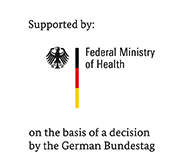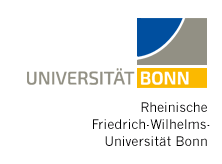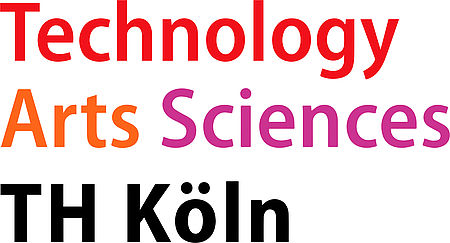Conference details
5th ESGAR Pancreas Workshop (Clinical)
The imaging of the pancreas is an important task for radiologists, due to the difficulties in the management of benign pancreatic conditions, such as chronic pancreatitis, or the aggressivity of malignant pancreatic diseases, such as ductal adenocarcinoma. Moreover, some benign and malignant conditions can overlap in the imaging presentation.
The function of imaging is to discriminate benign from malignant conditions, giving an fundamental support to clinicians in the management of these patients. Thanks to non-invasive imaging techniques, from simple to very advanced, it is possible to obtain both morphological and functional information, which can lead to the correct diagnosis.
The aim of the workshop is to provide a comprehensive coverage of all the main pancreatic pathologies that will be presented by means of an integrated multimodality approach. A set of lectures on imaging modalities will explain the most up-to-date techniques and protocols in the imaging of the pancreas. The format of the workshop will include formal lectures assigned to expert colleagues. Moreover, an interactive discussion on real clinical cases will be led — in additional “slots” — by the faculty members who will help to define the state-of-the-art in the diagnosis of pancreatic diseases as well as how to manage the diagnostic work-up of pancreatic diseases in the daily practice.












